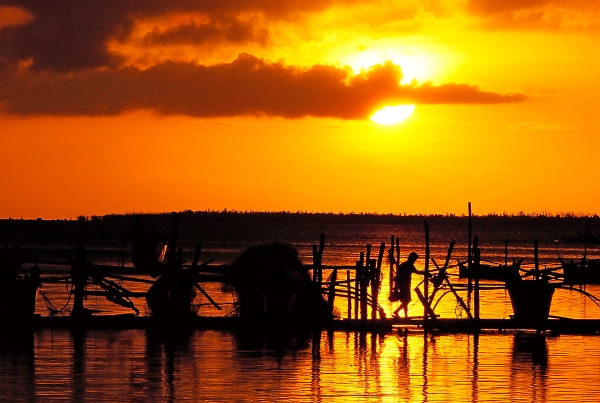New Zealand’s Climate Change Minister James Shaw and Pacific People’s Minister Aupito William Sio were among leaders from the Pacific who had an audience with Pope Francis at the Vatican on November 10.
Their visit was a prelude to the 23rd Conference of the Parties of the United Nations Framework Convention on Climate Change (COP23) in Bonn, Germany, with this meeting under the presidency of Fiji.
According to media reports, the Holy Father met the leaders of the “Pacific Islands Forum Secretariat” from eleven Oceania states. The audience was in the Clementine Hall of the Apostolic Palace. The nations represented were Australia, the Cook Islands, the Federated States of Micronesia, French Polynesia, Kiribati, Nauru, New Zealand, Papua New Guinea, the Republic of the Marshall Islands, Samoa and Vanuatu.
“I share your concern for the peoples of the region, especially those exposed to the extreme environmental and climate events that are becoming more frequent and intense,” Pope Francis told the leaders.
“Of concern too is the grave impact of rising sea levels and the disturbing and continuous deterioration of the barrier reef, a marine ecosystem of immense importance.”
Pope Francis told the delegation it is his hope “that the efforts of COP-23, and those yet to come, will always keep in mind the greater picture of that earth without borders, with its highly rarified atmosphere, as it was described by one of the astronauts currently orbiting in the International Space Station, with whom I recently had a fascinating conversation”.
“You have come here from countries far distant from Rome, yet that vision of an ‘earth without borders’ dissolves all geographic distances. It reminds us of the need for a global outlook, international cooperation and solidarity, and a shared strategy, which can prevent us from remaining indifferent in the face of grave problems such as the deterioration of the environment and of the health of the oceans, which is itself linked to the human and social deterioration experienced by humanity today.”
The Pope lamented that that since an appeal by the Philippines’ bishops nearly 30 years ago, the situation of the oceans and the marine ecosystem, especially the barrier reef, has not really improved.
Pope Francis continued: “We still face NZ ministers at audience where Pope talks climate issues Capital Catholic cathedral welcome for Anglican Archbishop Moxon A fisherman walks along a bamboo bridge during sunset in the village of Guiuan, Philippines. (CNS photo) any number of problems regarding, for example, the management of fishing resources, activities in shallow and deep waters, the situation of coastal communities and of fishing families, and the pollution caused by the accumulation of plastics and micro-plastics. What kind of world do we want to leave to those who come after us, to children who are now growing up? This question not only concerns the environment in isolation . . . When we ask ourselves what kind of world we want to leave behind, we think in the first place of its general direction, its meaning and its values (Laudato Si’ 160).”

Reader Interactions